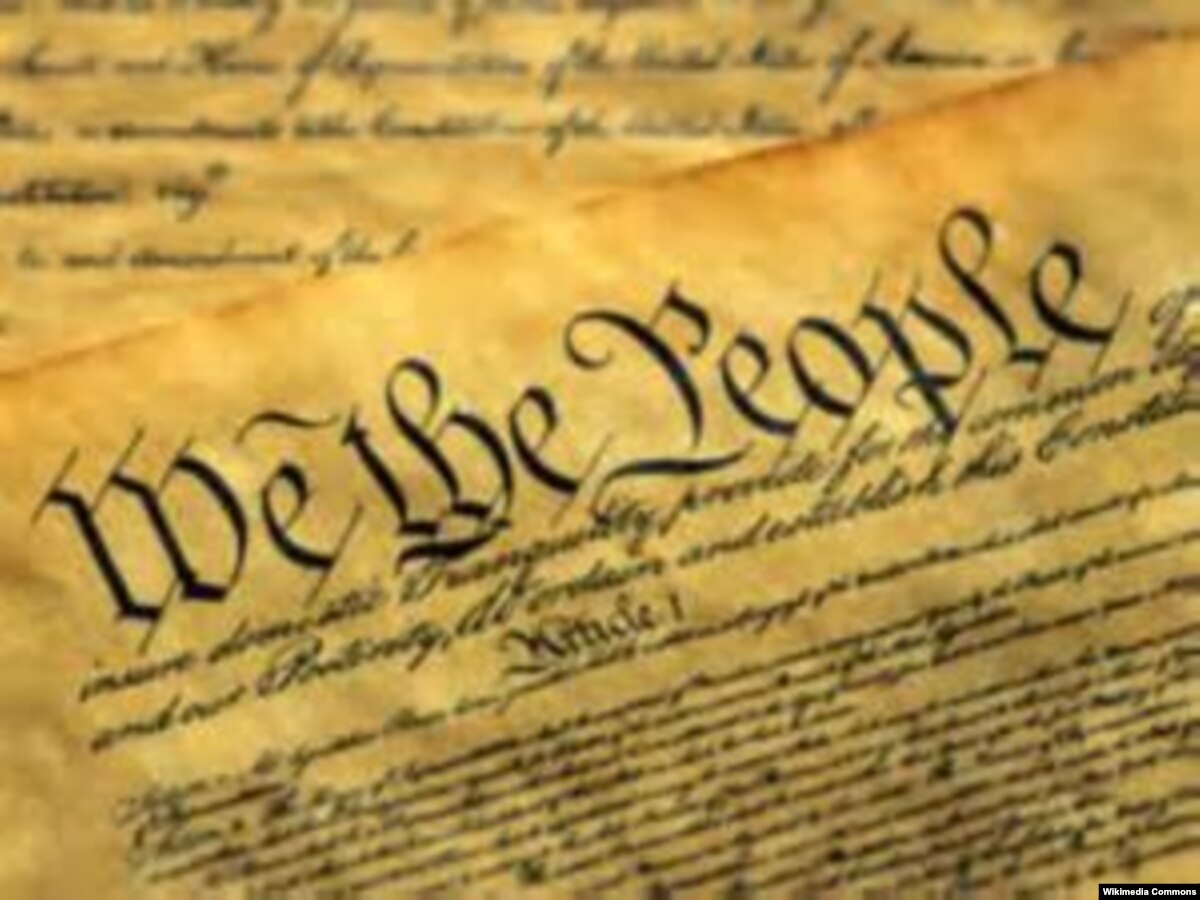What can you do with Steamboat Willie?
What can you do with Steamboat Willie, early in the next year?
I won’t try to write a filk about it just now; answering the question is complicated enough in prose. You may have heard that “Mickey Mouse is going into the public domain,” but that’s true only in a limited sense. The first two released Mickey Mouse cartoons, Steamboat Willie and Plane Crazy, will enter the public domain on January 1, 2024, after 95 years. If you’re thinking of creating your own cartoons, drawings, fan fiction, or professional fiction based on them, you can do that legally, but you need to be careful. Mickey Mouse changed significantly over the years, and later versions of him, along with the vast majority of his cartoons, are still under copyright protection. In addition, Mickey Mouse™ remains a Disney trademark. If your work steps over certain bounds, you could hear from Disney’s lawyers.
Duke University’s website has a detailed article on what you can and can’t do. It’s not a substitute for a lawyer’s advice, but it’s a good place to start, and it could be enough if you aren’t creating stuff for profit.
(more…)
